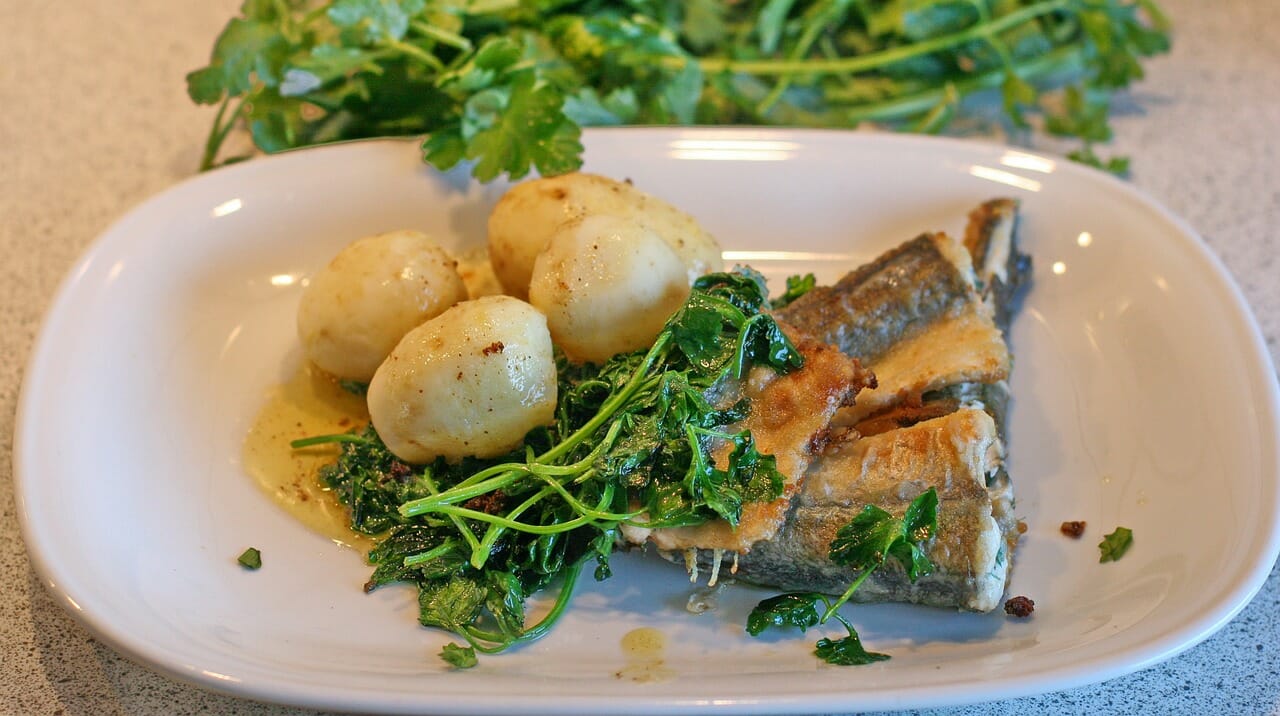Are you feeling overwhelmed, anxious, or stressed out? You’re not alone. In today’s fast-paced world, many of us struggle to find a healthy work-life balance, manage our emotions, and take care of our mental health. Luckily, there are many natural ways to reduce stress, including exercise, meditation, and spending time in nature. But did you know that the food you eat can also play a significant role in your stress levels?
DEEPER DIVE: 10 most affordable places to live in Arizona
April is Stress Awareness Month, the perfect time to focus on the importance of stress management and self-care. In celebration of this year’s Stress Awareness Month, Isaac Robertson, a health expert from TotalShape.com, talks about some of the best foods to eat when you’re feeling stressed or overwhelmed, as well as some of the real mechanisms behind their stress-relieving magic.
Food That Can Help You Fight Stress
1. Foods High in Vitamin B
Known as the stress hormone, cortisol plays an important role in your body during stressful times or when your body is under physical stress, like inflammation. It is released by the adrenal glands (located above your kidneys) and it is crucial for how your body deals with the infamous fight-or-flight instinct.
Although cortisol is good for you in the sense that it provides you with enough energy to manage stress, too much cortisol in your body will actually create more stress, which can happen during prolonged periods of stress. This is where the B vitamins come into play as they are excellent for regulating cortisol levels.
Foods rich in vitamin B include organ meats, beef, chicken, eggs, as well as fortified cereal, like whole grains.
2. Foods High in Omega-3 Fatty Acids
One of the ways in which omega-3 can help fight stress is through their anti-inflammatory properties. By reducing inflammation, omega-3 fatty acids help improve your mood and reduce stress. Moreover, they promote healthy brain function, and they also play a role in reducing cortisol levels.
Some of the best dietary sources of omega-3s include salmon, tuna, sardines, and oysters, as well as avocados, flaxseeds, chia seeds, and walnuts.
3. Foods Rich in Magnesium
Magnesium is a natural muscle relaxant and can help promote relaxation in the body. When the body is relaxed, it is better able to cope with stress and anxiety. Magnesium also supports brain function, and, just like vitamin B and omega-3, it helps regulate cortisol levels.
Magnesium can be found in a variety of foods, including spinach, kale, broccoli, pumpkin seeds, and dark chocolate.
4. Protein-Rich Foods
Protein-rich foods can help reduce stress levels in multiple ways. They tend to be more filling than carbohydrates or fats, reducing stress-related cravings. Combining proteins with carbohydrates can slow glucose absorption, stabilizing blood sugar levels and preventing spikes and crashes, which tend to make stressful situations even more difficult.
Some of the best sources of protein include lean meats, fish, eggs, dairy products, legumes, nuts, and seeds.
5. Foods Rich in Vitamin C
Vitamin C is important for the healthy function of the adrenal glands, and, as previously mentioned, they play an important role in your body during stressful periods because of cortisol production. Also, vitamin C is a powerful antioxidant that can improve immune system function, which can be weakened during stressful periods. Finally, vitamin C is involved in the production of dopamine, which can help improve mood and reduce feelings of stress and anxiety.
Foods that are high in vitamin C include citrus fruits, berries, kiwi, pineapple, red and green peppers, broccoli, Brussels sprouts, and spinach.
Foods to Avoid
Although many foods can be helpful in battling stress, there are some that should be avoided at all cost, as they can only make the situation worse.
1. Alcohol
Alcohol can disrupt sleep and impair cognitive function, which can exacerbate stress and anxiety.
2. Caffeine
Caffeine can increase heart rate and blood pressure, leading to feelings of jitteriness and anxiety. It can also disrupt sleep, making it harder to manage stress.
3. Simple Carbs and Foods High in Sugar
High-sugar foods and simple carbs can cause blood sugar spikes and crashes, leading to mood swings and fatigue, which can exacerbate stress.
4. Soda
Soda is often high in sugar and caffeine, which can cause similar effects as high-sugar foods and caffeine.
Robertson concludes: “Stress can be managed through various natural ways, including exercise, meditation, and spending time in nature. However, the food we eat also plays a crucial role in our stress levels. Eating foods rich in vitamin B, omega-3 fatty acids, magnesium, protein, and vitamin C can help regulate cortisol levels, reduce inflammation, promote relaxation, and improve mood.
On the other hand, foods high in alcohol, caffeine, high-sugar, and simple carbs, as well as soda, should be avoided as they can worsen stress and anxiety. This Stress Awareness Month is a great time to start focusing on stress management and self-care, including the right kind of diet.”




